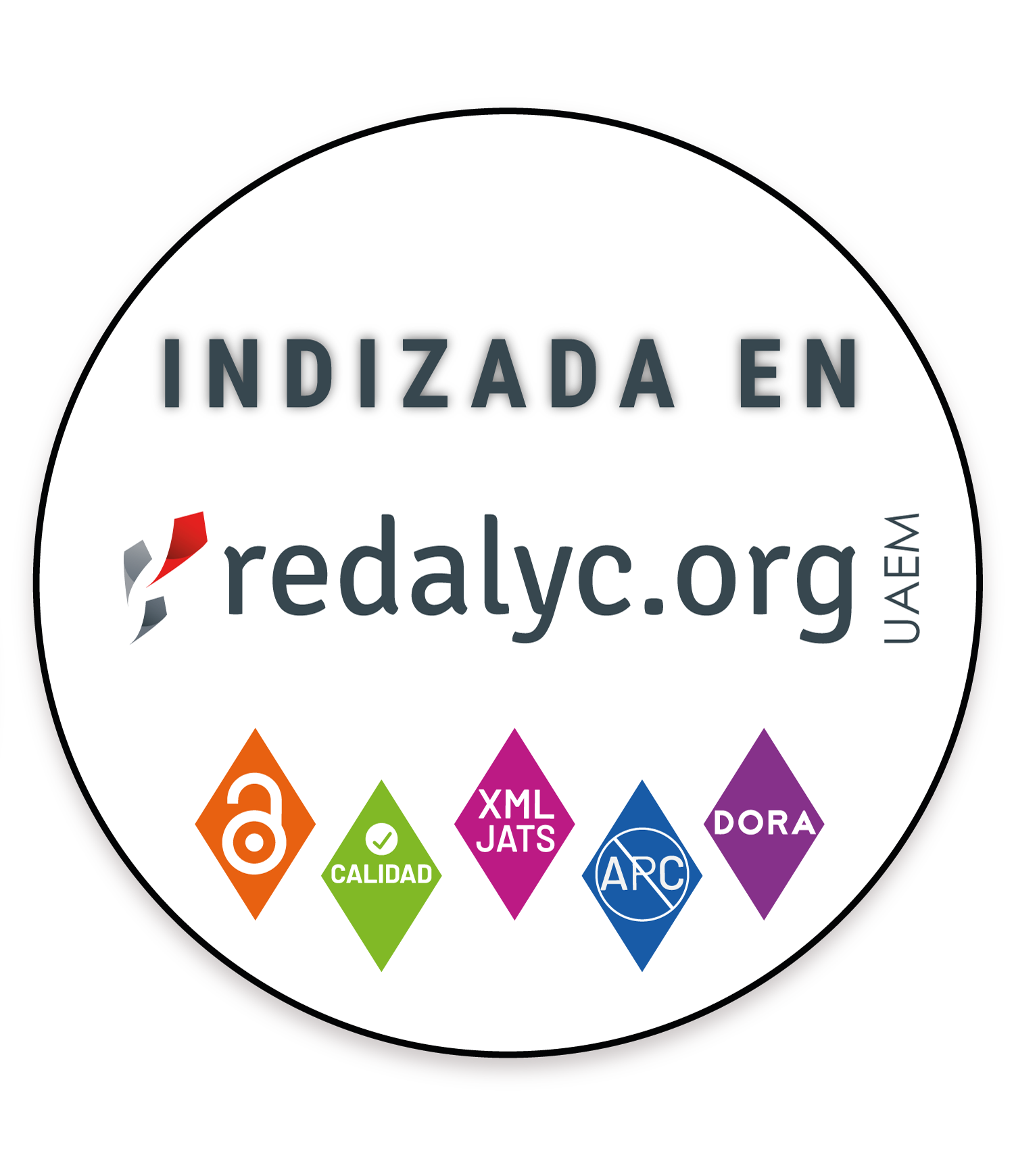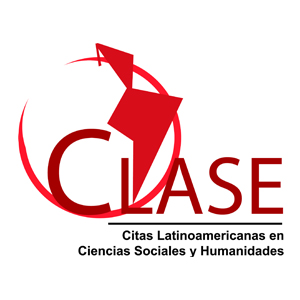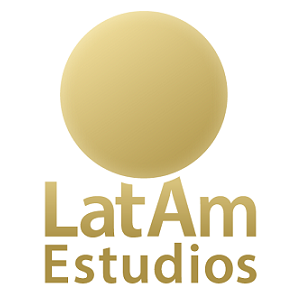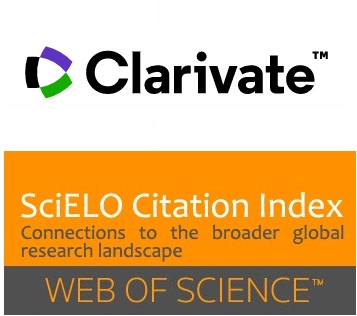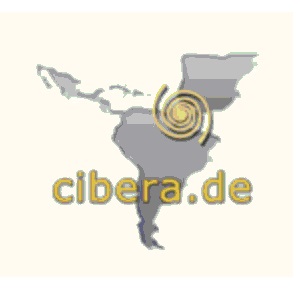LA LEYENDA COMO DESCONSTRUCCIÓN DEL HISTÓRICO EN "EL BRUJO" DE LUIS CAPELLA TOLEDO.
A partir del subtexto de la leyenda, Luis Capella Toledo produce en su relato "El brujo", una desconstrucción del discurso de la Historia colombiana de los procesos de independencia frente a España. Las historias oficiales regularmente se materializan en discursos escritos en los que campea una visión colonizadora y dominante que no tiene en cuenta las voces marginales, mucho más auténticas y nutridas de una alegre verdad relativa que cuestiona las visiones unívocas del centro. La leyenda, como una especie de paradiscurso venido de lo popular y la oralidad, devela el carácter muchas veces ficiticio o subjetivo de los hechos, resemantiza y desconstruye los tópicos e imaginarios de la historia oficial. Así, la narrativa utilizada por Capella Toledo en "El brujo" se liga a una actitud heterodoxa de los narradores caribeños y latinoamericanos cual es poner en duda, en entredicho, en situación crítica, los repertorios de la cultura occidental y las verdades que Carlos Fuentes llama complacientes. El autor echa mano de la carnavalización, la parodia y la ambigüedad para desacralizar los lugares comunes y discursos tópicos de la historia oficial o de la tradición cultural europea llegada a través de los españoles. Así, actúan como detonantes del discurso hsitórico escrito: la leyenda y las temáticas orales de la brujería, la imagen del chivo expiatorio no sacrificado o Cristo salvado antes de la muerte, el anti-héroe o pícaro sobreviviente único de la mantanza, la ambigüedad de eventos carnavalescos, religiosos y civiles; el carnaval sin derramamiento de sangre, la ley española escrita puesta en contraste con la ley oral indígena, y el mundo al revés de la india y el blanco cautivo.
PALABRAS CLAVES:
Desconstrucción, cuentos caribeño, carnavalización, parodia, ambigüedad.
ABSTRACT
Starting from the subtext of the legend, Luis Capella Toledo takes place in its story "El brujo", a descontrucción of the speech of the Colombian History related with the independence processes front of Spain. The official histories regularty are materialized in speeches written in those there is a colonizing and dominant vision that doesn´t take into account the marginal voices, much more authentic and nurtured of a cheerful and relative truth that questions the univocal visions of the center. The legend, like a kind of popular paradiscourse saturated of orality, shows the character many times fictitious or subjective of the facts, proposes new significatioms and desconstrucs the topics and the imaginaries of the official History. This way, the narrative used by Capella Toledo in "El brujo" commits to a heterodox attitude of the caribbean and Latin americans narrators which is to make in question, in interdict, in critical situation, the repertoires of the occidebtal culture and the truths that Carlos fuentes calls complacents. The author takes the carnivalization, the parody and the ambiguity for to hit the common places and tropical speeches of the official History or of the cultural European tradition arrival through the Spaniards. In "El brujo, the detonators of the historical speech are the legend and oral thematics of the witchcraft, the image of the expiatory goat not sacrificed or Christ saved before the death, the anti-hero or roguish unique survivor of the slaugther, the ambiguity of carnivalesque, religious and civil events; the carnival without spill of blood, the Spanish written law in contrast with the indigenous oral law, and the reverse world of the Indian and the white captive man.
KEY WORDS:
Desconstruction, Caribbean story, carnival, parodies, ambiguity.
Visitas al artículo
Descargas
© Universidad del Atlántico. Los originales publicados en las ediciones impresa y electrónica de Historia Caribe, ISSN 0122-8803 e-ISSN 2322-6889, son propiedad de la Universidad del Atlántico, siendo necesario citar la procedencia en cualquier reproducción parcial o total.
Salvo indicación contraria, todos los contenidos de la edición electrónica se distribuyen bajo una licencia de uso y distribución “Creative Commons Reconocimiento-No Comercial 4.0 Internacional” (CC-by-nc). Puede consultarse en https://creativecommons.org/licenses/by-nc/4.0/








